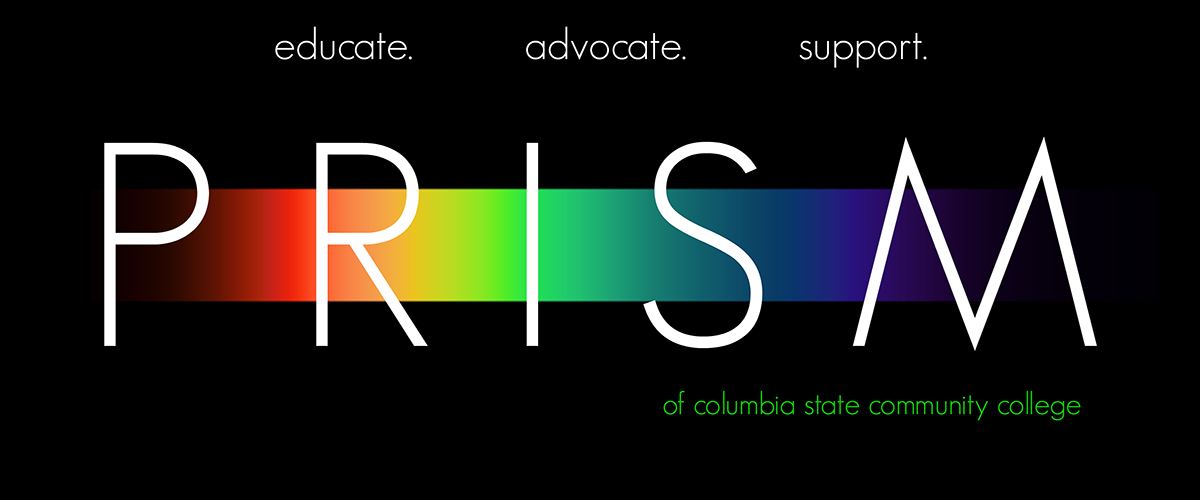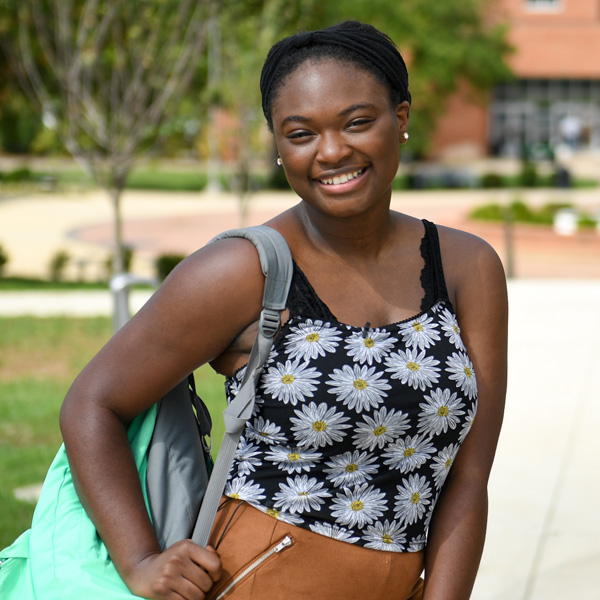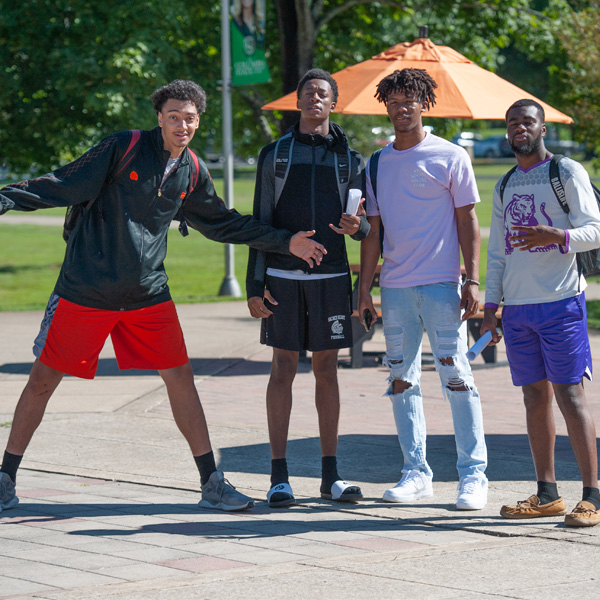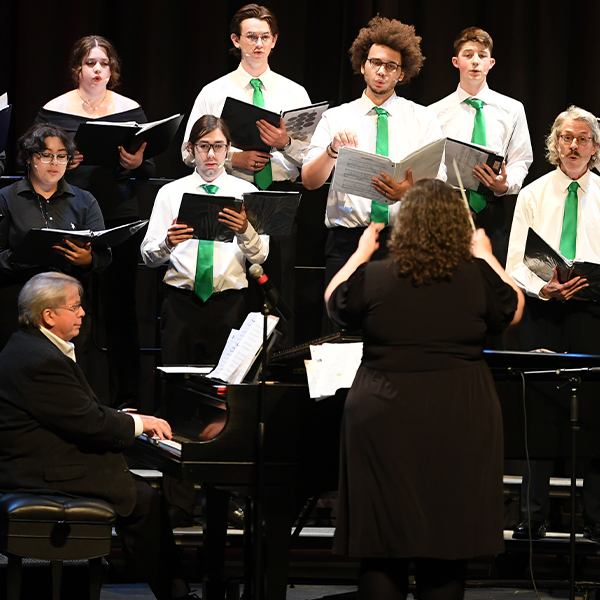
Resources: LGBTQIA+
The Trevor Project for LGBT young people 13 - 24:
Call: 1-866-488-7386 Text: 678-678
PFLAG Columbia, TN Chapter:
Call: (931) 548-6228 Email: pflagcolumbia@gmail.com
PFLAG Franklin, TN Chapter:
Call (615) 656-4087 Email: info@pflagfranklintn.org
PFLAG has two support meetings each month from 7:00 to 8:30 pm on the second and fourth Mondays of each month. On the second Monday of the month, they meet in person at St. Paul’s Episcopal Church, located at 510 W. Main Street, Franklin, TN 37064. 6th Avenue entrance and look for the PFLAG signs. No registration is needed.
https://www.pflagfranklintn.org/
LGBT National Hotline: 888-843-4564
LGBT National Coming Out Support Hotline: 888-688-5428
Trans Lifeline 1-877-565-8860
Pride Panel Discussion 2023
Sponsored by PRISM of Columbia State
This panel featured an introspective discussion on a few topics related to recent and ongoing events that affect the LGBTQ plus community.
Club Q, Pulse, etc.
Banned Books
Pronouns
Gender Neutral Bathrooms
Panel:
- Sharon Grigsby; Instructor and facilitator
- DeMarcus Jackson; Associate Professor Psychology
- Thomas Moore; Lead Instructor, Sociology Department
- Amber Prock; Instructor Communications
- Britt Cox; Instructor Communications
- Lexi Ayala; student
- Lauren Pender; student
- Julian Peacock; student
View the panel discussion.
Podcast Recordings
Mental Health Prevention in a Reactive Society
Although society is now stuck in a reactionary state of taking care of its mental health and wellbeing, it doesn’t need to be this way. In fact, it shouldn’t. Rather than reacting to the mental health crisis, society should have already implemented proactive, or preventive, measures for greater mental health. After all, everyone has mental health, all the time. And everyone is somewhere on the spectrum of mental health wellness. Yet our current mental health programs are treatment based. They’re designed and built to support the 1 in 5 adults annually who experience some form of mental health illness. The mental health of these individuals shouldn’t be the only ones considered important during a pandemic — or at any other time.
Guests:
- Sharon Grigsby: Facilitator, Faculty Social Sciences, Psychology
- Kimberly Young, MS, CLC, IMH-E, Case Manager, Adjunct Faculty Psychology
- Rachel Hanson, MS,CLC,IMH-E, Adjunct Faculty Psychology
To listen, go to Mental Health Prevention.
Queer Culture
In this podcast, we explored Queer culture on college campus through the lens of a student, faculty and student allies. We cannot ignore the sacrifice of those that have come before us in history. What are doing right and what can we do better?
- Thomas Moore-Faculty: Lead for Sociology
- Demarcus Jackson-Faculty: Associate Professor of Psychology
- Rhonda Williams-Admissions
- Dr. Lacey Benns-Faculty: Professor of Communication; Coordinator of Communication Studies; Director of International Education
- Radha Peacock-Student: Graduate
- Andrew Wright- Asst. Vice President: Faculty/Curriculum/Programs
Listen to the podcast.
Intersectionality
There are larger concepts that we are all aware of in our lives. Our identities affect how we perceive these concepts, as well as how central they are to our experiences. The idea is to focus on one universal human experience or emotion and examine how different identities perceive and experience that feeling. What is the black, queer, female, trans, or native perspective on joy? On shame? On fear? On freedom? On anger? How does your identity shape how you feel this? Does one of your identities have an effect opposite to another? How do your multiple identities interact to change your experience?
Our goal is to highlight the importance of different perspectives and identities while also highlighting their complexity. By hearing from diverse individuals, our hope is to avoid stereotypes and highlight personal nuance!
To listen, click Intersectionality.
Pride Panel Discussion 2024
Sponsored by PRISM of Columbia State
Please join us for an introspective discussion on a few topics related to recent and ongoing events that affect the LGBTQ+ community.
- Run down on Banned Books
- Recent Laws
- Teaching LGBT subjects/having LGBT discussions in the classroom (higher ed? k-12?)
- Queer/LGBT family life
- Importance of allyship
- LGBT representation in media/pop culture
- Sharon Grigsby; Assistant Professor Psychology and facilitator
- Lacey Benns, Professor, Chair of Communications, International Education Director
- DeMarcus Jackson; Associate Professor and Chair of Psychology
- Amber Prock; Instructor Communications
- Julian Peacock; student







